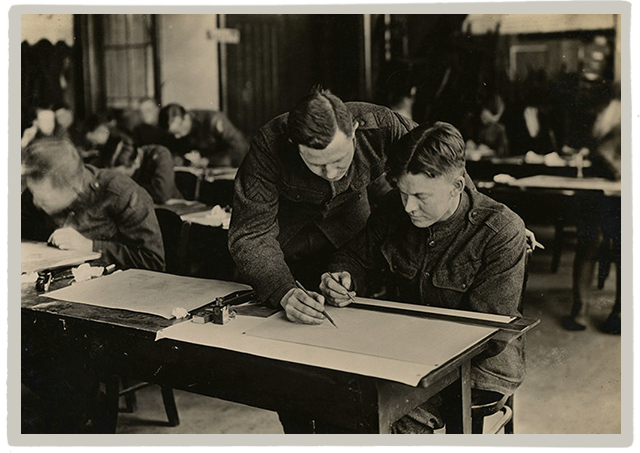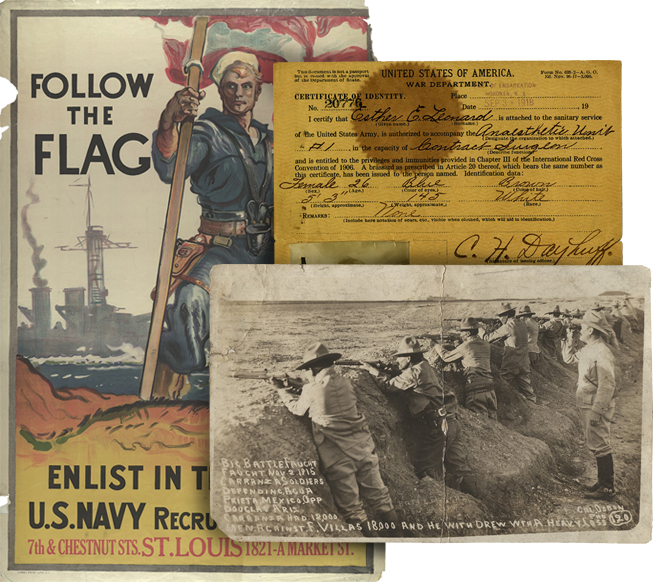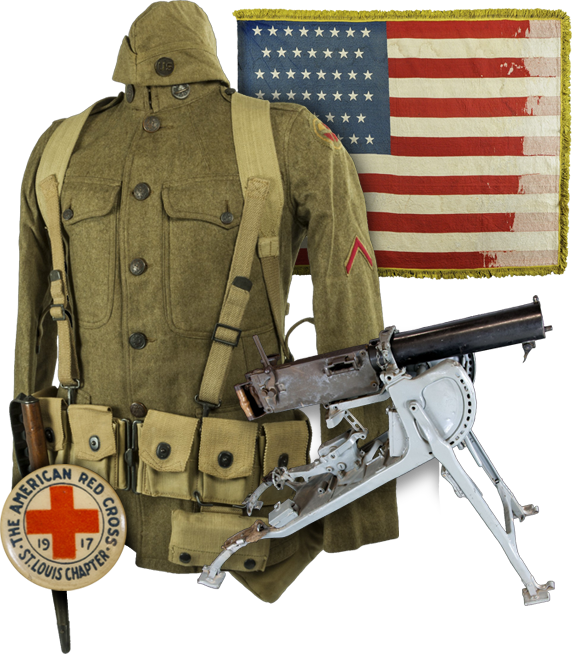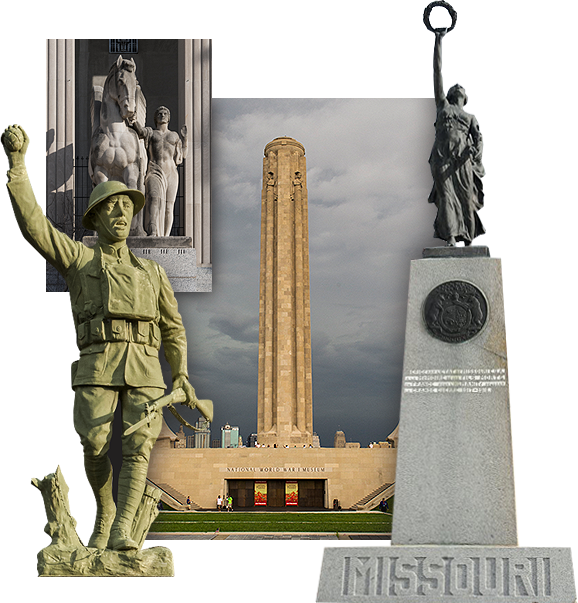L. Perry Cookingham letter to Parents - December 16, 1918

Transcript
Mayen, Germany December 16, 1918 Dearest Parents: In this letter I will dwell on only two subjects, first, how we celebrated the end of the war, and second, on Rhineland. I once heard that the 168th infantry said they would rather be on the line than back for a rest. At that time I was a "Rookie" over here and did not understand it. On the front one is always in danger and I thot a rest would be a wonderful thing but we never had one and now I am glad we never did. On the front all that is expected is work, but back of the lines one has to drill and have inspections etc., which is disliked by most "civilian soldiers". Well, now the war is over we must come back to drill so you see why we like action better than peace, but we can feel sure that it shall not last forever and we do it willingly. We have had very little so far and if we keep traveling we may not do so much. "THE LAST DAYS OF THE WAR" We worked all day Sunday [November] 10th and at supper orders came in for us to be up to the line with full advance equipment before daylight Monday morning. A detail was picked for the work) I was one) and we knew what was up. We were to "go over" Monday A.M. This is the most dangerous part of war "Going Over" No. doubt some of us would have stayed over, but we never thot of that so we went to bed early expecting to be called at midnight to start of our mission. Before midnight, a messenger came and said all "Over the Top" movements had been called off and firing would cease at 11:00 A.M. so we rested easily all night. I had always thot that when the zero hour came for firing to cease, that would be the end, and I gues it was. We went to work the next day as usual at 7:00 AM. A very heavy barrage as on at that time on the whole front and it grew more intense as the day progressed. At 10 o'clock it was fierce, coming from the german lines as well as going to them. We were about a half mile from the front line and got the full benefit of all, even snipers and machine guns. At 10:30 it was Hell and at 10:45 to 10:59 it was "Hell out" if I way use that. At 11:00, Oh Boy! it was as quiet as the springhill. We went up to see if it was all over and you should have seen the German soldiers come over to visit. They wanted anything we had and that is where I got some souvenirs. We talked awhile then went back to work just as if nothing had happened. The artillery men were mad because they did not get to use up all their ammunition and, I think, would like to have sent over the rest of it. They were letting anyone who happened to pass fire the cannon. It was a great sight.

Transcript
[page 2] That night we went back "home" and decided that it would be appropriate to have a party so we gathered in about 180 f (six of us) and sent a detail to Weinville after Champagne and Vin Blank. They returned shortly with nothing. All the rest of the army must have been celebrating so we did not get any. Instead of a party, we sat around the fire and fought the battles of [St. Mihiel], Argonne, [Sedan] and [Chateau Thierry] again and talked of home, which we knew we would see again. In the days to come before leaving withe army of Occupation we built a line connecting out net with the German net behind the lines. Thats all. I have said too much about "The End" so I'll have to cut Rhineland short. We left Beltheim Sunday morning at six o'clock in Packards and proceeded northward. We came down hill for about twenty kilometers and here the forests and hills were very beautiful and the roads very slippery but with good base. Only once did we have any trouble and that was with our 5-1/2 ton Mack truck. It went overthe road but we soon got it back. When we were about six kilometers out of Boppard we first saw the Rhine. It seemed no more than any other river and little did we swell on the idea that we were going over enemy soil. We went down on the banks of the beautiful river into Boppard and all the rest of our journey to Coblenz we were in a ston's throw of the Rhine. High hills tower up on each side of the river and the granite cliffs and vineyards make a very picturesque scene. All the way from Boppard to Coblenz (20 KM) were long lines of our infantry marching in columns of squads followed by miles of artillery and trains. It was a wonderful sight. Each regiment had a mounted band which played marches and your should have seen those Yanks strut. Well we got into Coblenz, which is a city about the size of Danville [Illinois] with lots of nice looking people also lots of nice healthy looking boys in khaki. We saw most of the town as we got lost there. We saw the junction of the [Mosel] and Rhine and in the point stood the statue of Wilhelm II and on the opposite bank of it was a large fort. We also saw several old castles on the banks. I must stop this and tell in the next about this city. "To be continued". Yours devoted son, Perry. P.S. Hope to see you soon.
Details
| Title | L. Perry Cookingham letter to Parents - December 16, 1918 |
| Creator | Cookingham, L. Perry |
| Source | Cookingham, L. Perry. Letter to Parents. 16 December 1918. L. Perry Cookingham Collection, 1918-1919. MS02. La Budde Special Collections, University of Missouri-Kansas City , Kansas City, Missouri. |
| Description | In this letter dated December 16, 1918, Cookingham wrote to his parents about his end of the war celebrations and his relocation to Coblenz, Germany. |
| Subject LCSH | Argonne, Battle of the, France, 1918; Château-Thierry, Battle of, Château-Thierry, France, 1918; Saint-Mihiel, Battle of, Saint-Mihiel, France, 1918; World War, 1914-1918--Armistices |
| Subject Local | WWI; World War I; Army of Occupation; 310th Field Service Battalion |
| Site Accession Number | MS02 |
| Contributing Institution | University of Missouri-Kansas City |
| Copy Request | Transmission or reproduction of items on these pages beyond that allowed by fair use requires the written permission of the University of Missouri-Kansas City La Budde Special Collections: (816)235-1532. |
| Rights | The text and images contained in this collection are intended for research and educational use only. Duplication of any of these images for commercial use without express written consent is expressly prohibited. |
| Date Original | December 16, 1918 |
| Language | English |



